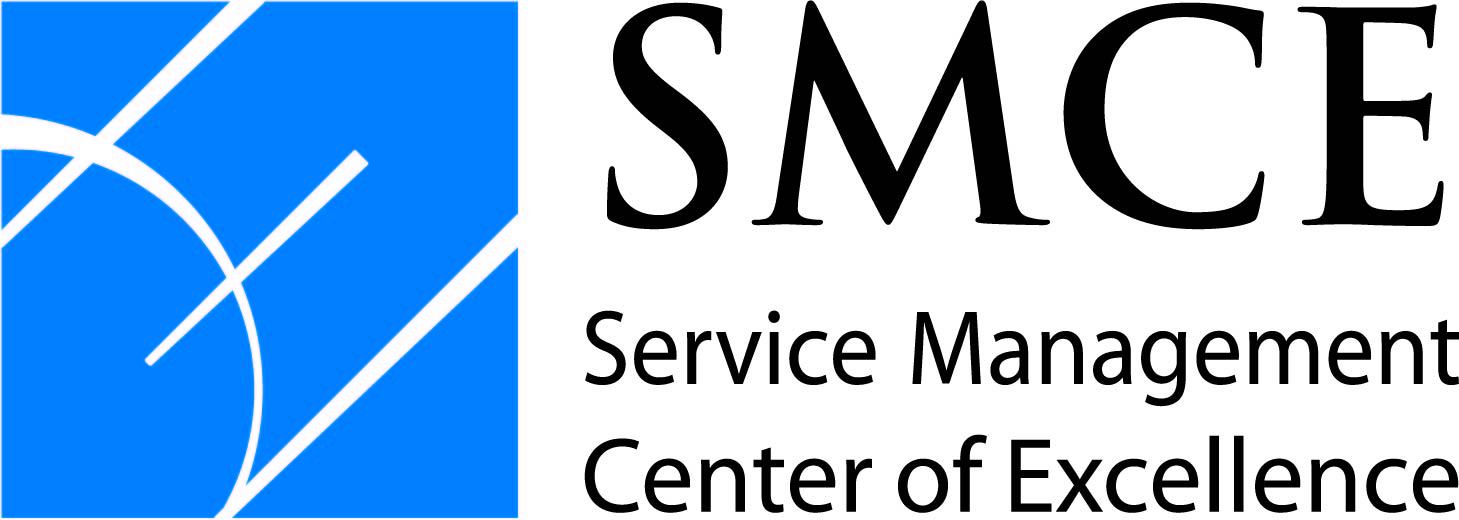Artificial Intelligence (AI) is redefining the landscape of organizational structure, hiring practices, and employee development strategies, transforming companies into agile, data-powered ecosystems. With applications ranging from talent acquisition to personalized learning paths, AI is leading businesses into a future where decisions are data-driven, structures are adaptable, and workforces are empowered for innovation. Below, we’ll explore how AI is re-engineering the workplace, with a closer look at cutting-edge examples from global and MENA-based organizations.
Transforming Organizational Structures: From Hierarchies to AI-Enhanced Ecosystems
Gone are the days of rigid hierarchies and siloed departments. AI enables companies to adopt flatter, more agile organizational structures that thrive on cross-functional collaboration and real-time data flow. By leveraging AI-driven insights, companies can create responsive structures that align with fast-evolving market demands, employee expectations, and the relentless drive toward efficiency.
For instance, Amazon has pioneered the use of AI in streamlining its vast and complex logistics operations. Its proprietary AI tools monitor demand, supply chain efficiency, and even employee productivity in real-time. When a spike in demand is detected—like during Prime Day or the holiday season—Amazon’s AI system can instantly allocate more resources and adjust team workflows to meet the surge, ensuring an efficient, customer-focused response. The AI framework empowers Amazon to scale seamlessly, ensuring that every aspect of its operations adapts to market conditions without the delays inherent in traditional hierarchical decision-making.
In the MENA region, Majid Al Futtaim (MAF), a UAE-based conglomerate, leverages AI to synchronize its operations across retail, real estate, and hospitality sectors. By implementing AI to assess consumer behavior and forecast demand trends, MAF dynamically optimizes resource allocation across its diverse business lines. For example, if AI detects a spike in tourist activity at its shopping malls, it can suggest staffing increases and personalized marketing strategies to engage visitors more effectively. This agile, AI-driven approach keeps MAF ahead in a competitive market by seamlessly integrating customer insights into operational workflows.
AI is not only breaking down silos but also enabling entirely new, boundaryless work models, such as hybrid and remote work. Global tech leader Siemens uses AI tools to optimize collaboration among teams dispersed worldwide. Siemens’ AI-driven workflow system intelligently delegates tasks and matches team members based on skills, availability, and project demands. By automating the coordination of cross-functional teams, Siemens ensures seamless workflows and real-time collaboration across borders, pushing productivity to new heights.
Revolutionizing Hiring: Smart, Bias-Free Talent Acquisition
Traditional recruitment methods are time-consuming and prone to unconscious bias. AI-powered hiring solutions bring speed, efficiency, and fairness to talent acquisition by using data to filter candidates and predict fit. These tools analyze resumes, social profiles, and even video interviews to provide holistic profiles of candidates, helping HR make precise, bias-free hiring decisions.
Unilever employs AI to streamline recruitment and reduce hiring timelines. The company’s AI-driven recruitment platform uses natural language processing (NLP) to review resumes, assess qualifications, and match candidates to roles with incredible accuracy. What sets Unilever’s approach apart is its video analysis tool, which can evaluate candidates’ facial expressions, tone, and body language to predict cultural fit. This advanced AI-backed system has reduced Unilever’s recruitment time by up to 50%, allowing HR teams to focus on high-impact activities, like refining their talent strategies.
In the MENA region, Saudi Aramco has integrated AI into its talent acquisition pipeline to handle the high volume of applications it receives for its specialized, technical roles. Aramco’s AI system doesn’t just screen resumes; it analyzes each applicant’s skills, experience, and even ongoing professional activities to create a composite score that helps recruiters quickly zero in on top candidates. For instance, if Aramco’s AI identifies a pattern of successful hires from a particular engineering program, it can prioritize applicants from that program in future hiring, ensuring a high match rate between candidates and job roles.
Beyond reducing bias, AI tools like HireVue are proving instrumental in leveling the playing field by focusing on objective metrics like skills, competencies, and job-relevant behaviors, rather than on superficial aspects. When implemented responsibly, these AI-driven tools are a powerful force for inclusion and diversity, allowing organizations to focus on skillset over background, ultimately enhancing organizational culture.
Powering Personalized Development: AI-Driven Growth Paths and Learning Platforms
AI’s impact on employee development is revolutionary, creating adaptive learning environments that tailor development paths to each employee’s skills, goals, and performance metrics. By analyzing employees’ work patterns, career goals, and learning preferences, AI provides custom growth opportunities, promoting a culture of continuous learning and ensuring that talent development is strategic and purposeful.
IBM leverages an AI-powered career coaching platform that uses data from employee performance reviews, training outcomes, and individual career aspirations to recommend personalized learning paths. This tailored system goes beyond simple recommendations; it proactively suggests skill upgrades that align with both employee goals and IBM’s strategic vision. For example, if an employee shows an aptitude for project management, IBM’s AI might suggest certification courses in Agile methodologies, ensuring the employee grows in a way that benefits both personal and organizational objectives.
In Dubai, Emirates Group has introduced an AI-driven learning system to enhance its employee training programs. Emirates’ platform assesses employees’ performance metrics, feedback scores, and career goals to offer tailored learning recommendations, including workshops, courses, and skill-building exercises. This data-driven approach ensures that each employee is continuously developing skills relevant to their role, improving both individual and organizational performance. Emirates’ system also gamifies learning, allowing employees to earn rewards for completing courses, which boosts engagement and motivation.
DP World, a logistics leader in the UAE, uses AI-driven analytics to identify high-potential employees with leadership capabilities. DP World’s AI platform uses predictive modeling to analyze team dynamics, performance reviews, and even social sentiment data, flagging employees who exhibit strong leadership traits. These high-potential employees are then aligned with a customized leadership training program, ensuring the company has a steady pipeline of future leaders ready to step into critical roles. This proactive approach to succession planning solidifies DP World’s competitive edge in an industry where skilled leadership is a strategic advantage.
Enhancing Performance Management and Retention with Predictive Analytics
Performance management, once focused solely on output and KPIs, has evolved into a comprehensive approach that uses AI to provide real-time insights into employee engagement, well-being, and retention risks. AI tools equipped with predictive analytics can analyze engagement data, predict turnover trends, and empower HR teams to implement proactive retention strategies.
Google has taken performance management to the next level with its AI-driven sentiment analysis tools, which aggregate and analyze feedback from employee surveys, performance reviews, and social media activity to gauge overall team sentiment. Google’s AI platform identifies departments experiencing low morale or high burnout, allowing leadership to address issues in real-time. By fine-tuning work-life balance policies, adjusting workloads, or implementing recognition programs based on AI insights, Google can improve employee satisfaction and reduce turnover.
In the MENA region, Saudi Telecom Company (STC) utilizes AI-based employee engagement tools to monitor team productivity and morale continuously. The platform detects potential indicators of disengagement, such as decreased productivity or lack of collaboration, and alerts managers to take action. For instance, if AI identifies a pattern of late-night logins from a team, suggesting a possible burnout risk, STC’s HR department can initiate a wellness check and adjust project timelines if necessary. This proactive approach demonstrates STC’s commitment to employee well-being and significantly reduces attrition rates.
First Abu Dhabi Bank (FAB), a leading financial institution in the UAE, uses AI-powered predictive models to monitor employee engagement. FAB’s system collects data on team dynamics, job satisfaction levels, and even external factors like market trends, providing a comprehensive view of employee sentiment. When AI flags a potential turnover risk, FAB’s managers can initiate personalized retention plans, including mentorship, skill development, or new growth opportunities, demonstrating a data-driven commitment to talent retention.
Navigating Ethical Waters: Ensuring Responsible AI Implementation in HR
As AI continues to transform the workplace, companies must address the ethical considerations surrounding its use, particularly in HR. Issues such as data privacy, transparency, and bias mitigation require proactive measures to build trust and safeguard employee rights. Microsoft is setting a standard in ethical AI use by embedding responsible AI frameworks into its recruitment and employee development tools. Microsoft’s AI governance team regularly audits its systems for biases and updates algorithms to reflect diversity and inclusion goals, ensuring AI supports rather than undermines Microsoft’s corporate values.
In the MENA region, both Saudi Arabia and the UAE are pioneers in AI ethics, with frameworks that establish clear guidelines for responsible AI deployment across sectors. The UAE’s “UAE AI Strategy 2031” emphasizes ethical AI use, mandating transparency, data protection, and equity in all AI-related activities, including HR. By adhering to these standards, companies in the region can leverage AI’s potential while safeguarding ethical integrity.
Embracing the AI Future: A Strategic Imperative
AI’s role in organizational structure, hiring, and employee development is reshaping how businesses operate, recruit, and grow talent. Organizations that embrace AI’s transformative potential responsibly will enjoy unparalleled agility, talent acquisition prowess, and retention capabilities. Leaders who integrate AI into their strategies today are paving the way for a future of innovative, resilient, and data-powered enterprises—positioning themselves as industry frontrunners in an AI-enabled world.

